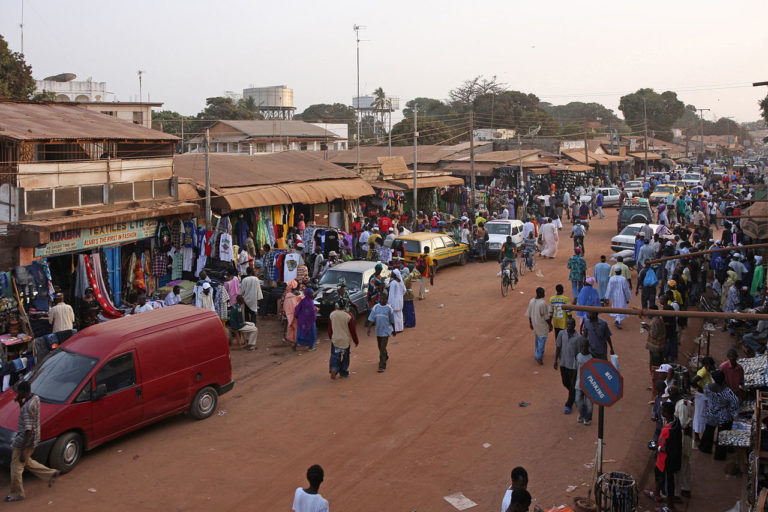by Hannah Stafford, News Editor
On the far western tip of Africa, nearly engulfed by Senegal, is the small country of The Gambia. The Gambia, which is approximately 4,000 square miles, has been relatively unknown to the American media until a recent tumultuous presidential election.
ABC News reported that on Dec. 1, 2016, the incumbent president of The Gambia, Yahya Jammeh, was defeated by Adama Barrow. In 2011, then-President Jammeh, told the BBC he was prepared to “rule for a billion years.” Jammeh initially refused to relinquish power, even after Barrow was officially sworn in at the end of January, but after a brief crisis, which resulted in military intervention by the Economic Community of West African States, Jammeh was exiled and Barrow took office on Feb. 18, 2017.
Barrow gave a powerful inaugural address, promising to bring reform and reverse many of the policies of his predecessor, who had been in office for 22 years. He was met with thunderous applause, according to the BBC.
“For 22 years, the Gambian people yearned to live in a country where our diverse tribes will be bridged by tolerance and our determination to work together for the common good,” said Barrow. “One Gambia, one nation, one people.”
He described “an economy in decline,” which The Gambia had inherited from Jammeh, and spoke of many changes, including his desire to attract the technology sector, the strengthening of the judiciary system and providing free primary education
“The Gambia has changed forever. The people are fully conscious that they can put a government in office as well as remove it,” said Barrow, according to the BBC.
Barrow also plans to rejoin the Commonwealth of Nations, reports CNN. In 2013, The Gambia announced its withdrawal from the commonwealth, saying the government “decided that The Gambia will never be a member of any neo-colonial institution and will never be a party to any institution that represents an extension of colonialism,” reported the BBC.
Barrow is the country’s third president since it gained independence from the UK in 1965, interestingly, the year Barrow was born.
According to the website of the U.S. Department of State, U.S-Gambian relations have always been cordial and “U.S. policy seeks to strengthen relations with The Gambia through promoting democracy and good governance, respect for human rights and combatting transnational threats. Bilateral relations continue to evolve in response to human rights developments.”
President Trump has not recognized The Gambia since being in office and did not include it in his controversial hold on immigration, though Reuters reported in 2015 that the country was 90 percent Muslim at the time and was declared an official Muslim country by former-President Jemmeh. However, on Jan. 22 the U.S. State Department released a statement saying, “The United States is proud of our close ties to the people of The Gambia and looks forward to working closely with President Barrow and his team to achieve the aspirations of all Gambians.”




